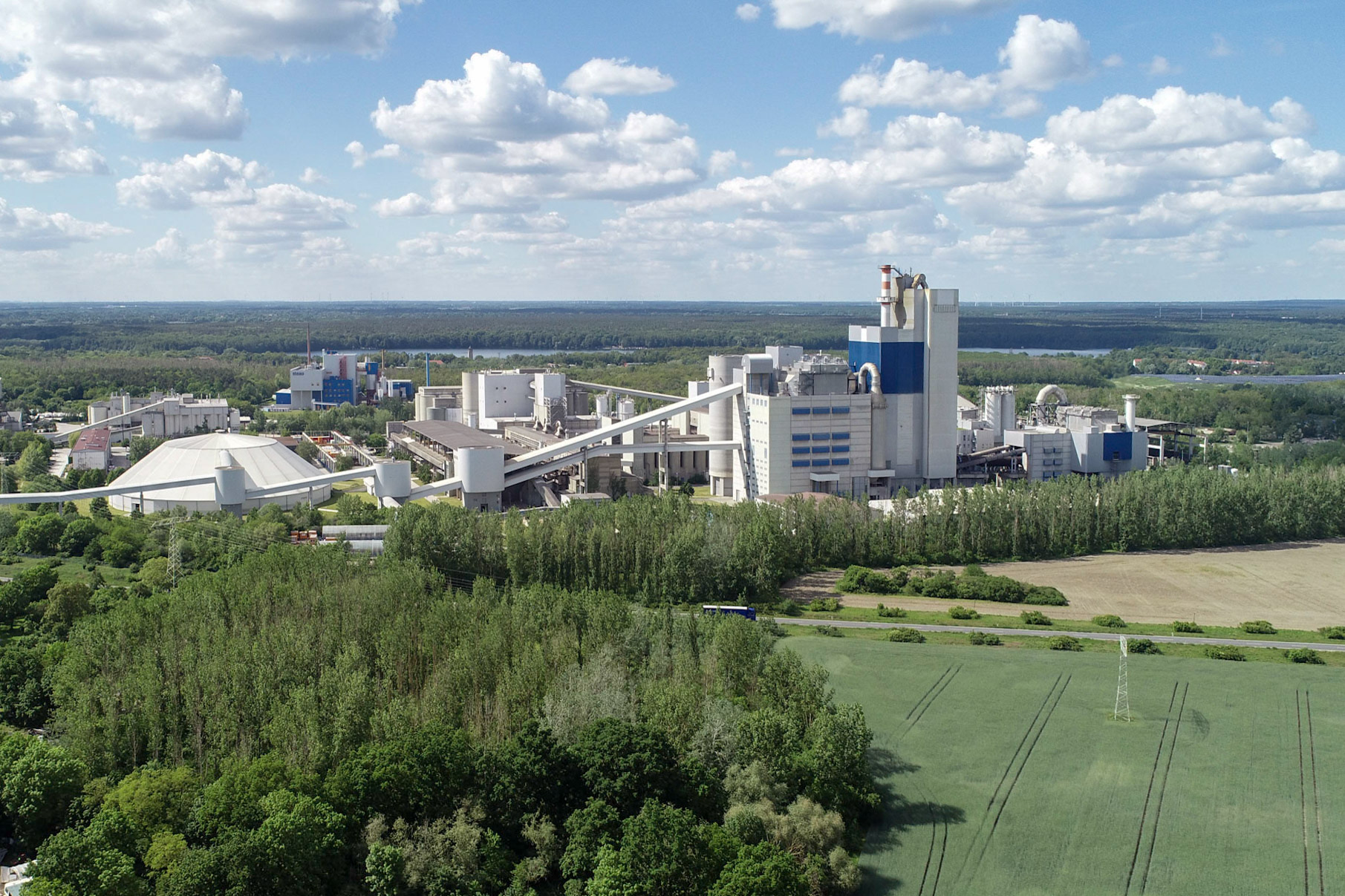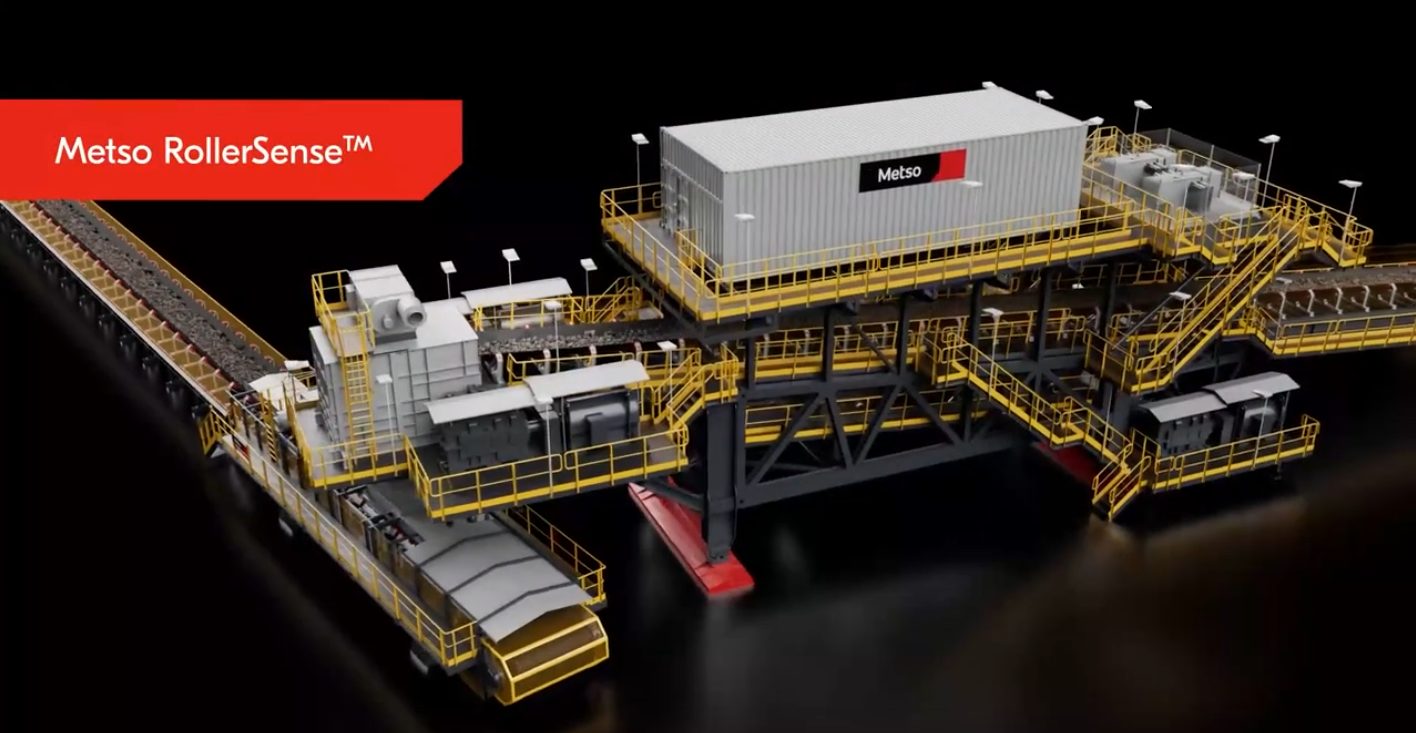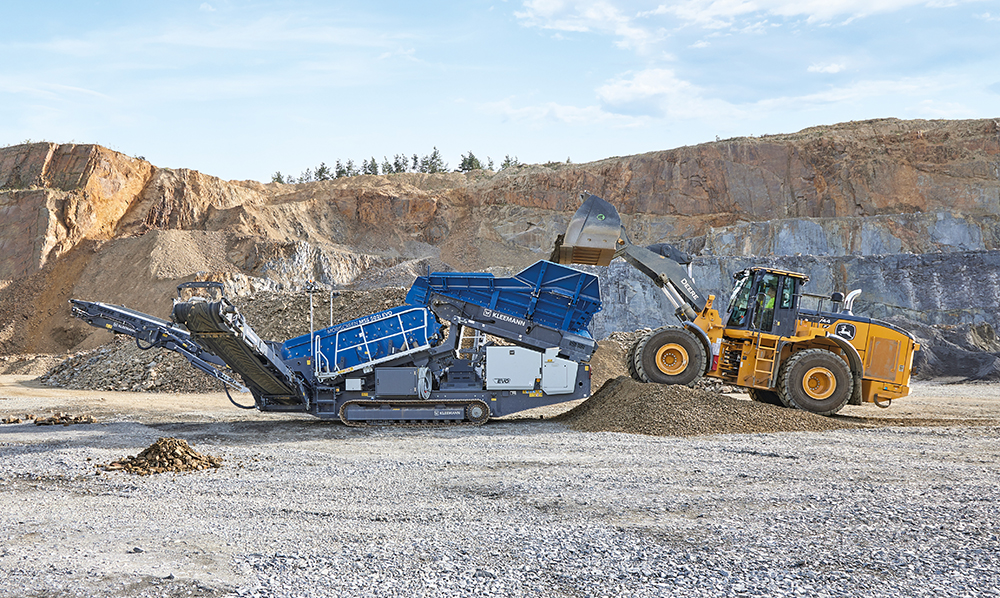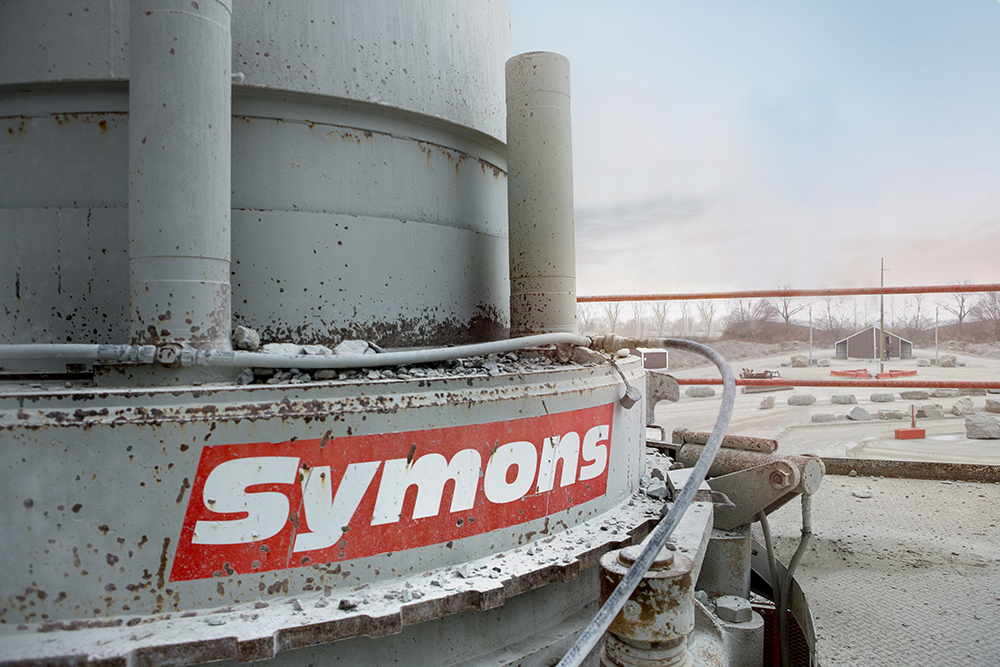
The project, Cemex’s largest planned Carbon Capture Use and Storage (CCUS) project to date, aims to capture 1.3 million tonnes of CO2 per year from Rüdersdorf’s cement production, ultimately decarbonising the site by 2030.
“Our Future in Action climate action strategy is working hard to drive several revolutionary CCUS projects across our global operations,” said Sergio Menéndez, President of Cemex Europe, Middle East, Africa & Asia. “While we are working hard to decarbonise using existing technology (“reduce before capture”), an important component of our Future in Action strategy is to develop breakthrough decarbonisation solutions for our industry to reach Net Zero. This project is one of those tools. The Rüdersdorf project is Cemex’s largest CCUS project to date, with all the hallmarks and credentials to make a significant contribution to the decarbonisation of the cement industry.”
At Rüdersdorf, Linde’s pioneering HISORP, CO2 capture technology will be deployed for the first time in a unique state-of-the-art cryogenic-adsorptive process that captures CO2 from the exhaust gas directly at the emission source. The raw CO2 is then compressed and liquefied so that it meets the purity requirements for subsequent sequestration. Finally, the liquid CO2 product will be transported by rail to an intermediate CO2 Hub and shipped to an offshore storage site in the North Sea for permanent storage.
The environmental credentials of this full-chain CCUS project at Rüdersdorf will be further enhanced and supported by the regional generation of green electricity and the recycling of water obtained from the condensation of exhaust gases.
CCUS is part of the roadmap for Future in Action, Cemex's sustainability and decarbonisation program, with the primary objective of becoming a net-zero CO2 company by 2050. Through Future in Action, Cemex has achieved record-breaking progress in reducing its carbon footprint since its launch in 2020.












